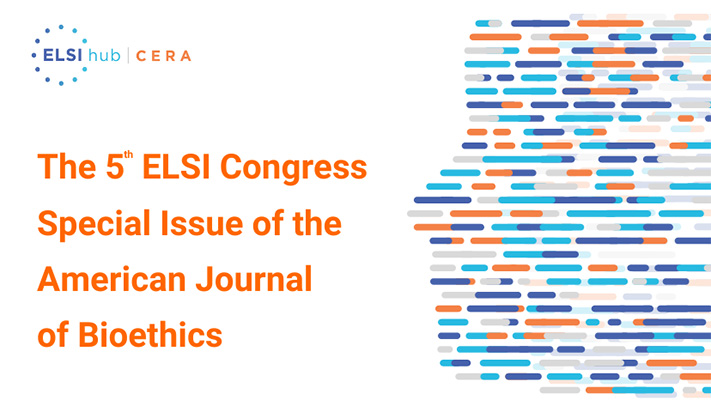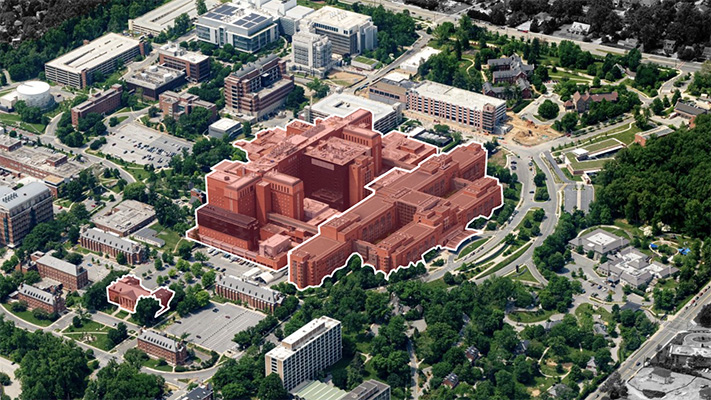NHGRI’s Intramural Research Program enters new phase
Last month’s social media campaign, Healthcare Professionals’ Genomics Education Week, was a huge success. Dozens of healthcare professionals and over 700 other participants convened virtually to discuss the role of genomics in patient care, covering topics such as rare diseases and direct-to-consumer genetic testing. If you missed it, recorded videos of the webinars and panels are available to watch on GenomeTV.
NHGRI is also excited to have recently awarded the American Society of Human Genetics (ASHG) over $7 million to support the new Genomics and Public Service Fellowship Program. The program will expand on the existing joint fellowships between the two organizations and will help early-stage professionals interested in policy, communications, education, and program management gain hands-on skills and experience in genomics. NHGRI and ASHG will be providing additional details about the four components of this newly configured program in the coming weeks and months.
All the best,
![]()
In This Issue
- NHGRI’s Intramural Research Program enters next phase
- Beth Tuck appointed director of NHGRI’s Education and Community Involvement Branch
- NHGRI announces new program for investigator-initiated research in genomics and health equity
- ELSI Congress publishes special issue focused on equity and inclusion
- GA4GH revises strategic plan to emphasize interoperability of genomic and clinical data
- NIH launches virtual tour of campus
Genomic Research Spotlight
Multifactorial profiling of epigenetic landscapes at single-cell resolution using MulTI-Tag
Meers et al.
Nat Biotechnol. 2023 May;41(5):708-716. PMC10188359
NHGRI-funded researchers developed a new tool to help scientists study how a single genome creates all the distinct cells of the human body. The human body contains over 200 different cell types, such as neurons or muscle cells, each with its own unique set of functions. Nearly all cells in a human body contain the same exact DNA, which provides the genetic instructions for producing the proteins essential for living. However, each different cell type needs a different set of proteins. To produce each unique set of proteins, cells must regulate which genes are "turned on” in each cell. This is known as gene regulation, which takes many forms. One common form of gene regulation involves chemical changes to the complex package of DNA and proteins, known as chromatin. There are many different chemical modifications to chromatin, but previous methods could only look at one type of chemical modification per sample. This new tool, called MulTI-Tag, characterizes multiple chromatin features in one sample, which can more precisely elucidate cell types and predict how cells may change in development. Such a method will be valuable for studies aiming to understand traits informed by many genetic factors and disease development.
This research was funded by NIH with a grant to Steven Henikoff, Ph.D., who is a faculty member at the Fred Hutchinson Cancer Center; that grant is part of the NIH Research Project Grant Program (PA-18-484).
About The Genomics Landscape
A monthly update from the NHGRI Director on activities and accomplishments from the institute and the field of genomics.
Last updated: July 6, 2023






